Chinese solar module maker Huasun claims to have achieved a power conversion efficiency of 34.02% for a 1 cm² tandem solar cell based on a perovskite top cell and a silicon heterojunction (HJT) bottom device.
The company did not say if the result was certified by an independent entity.
“At the laboratory level, the team innovatively introduced a dual passivation strategy combining physical field effects and chemical bonds, which significantly reduced interfacial non-radiative recombination losses,” Huasun stated. “At the same time, by applying new perovskite crystallization additives and high-mobility carrier transport layer materials, along with a series of material and process improvements, Huasun team achieved comprehensive optimization of grain orientation, energy level alignment, and interface stability—laying a solid foundation for further exploring efficiency limits.”
The manufacturer also claims to have achieved an efficiency of 29.01% in a large-sized cell with the same architecture on one of its production lines, without providing further details.
“This breakthrough was enabled by Huasun’s large-texture thin-film deposition technology, which ensures uniform coating on complex surfaces and overcomes key challenges in scaling perovskite materials,” it further explained. “By introducing organic stabilizers, Huasun improved deposition uniformity and environmental stability, while new interface transport materials enhanced reliability and process compatibility.”
More technical information about the cell design was not released.
In May 2024, Huasan achieved a 26.50% power conversion efficiency in an HJT solar cell based on a zero-busbar (0BB) module technology and silver-coated copper paste with low silver content.
This content is protected by copyright and may not be reused. If you want to cooperate with us and would like to reuse some of our content, please contact: editors@pv-magazine.com.
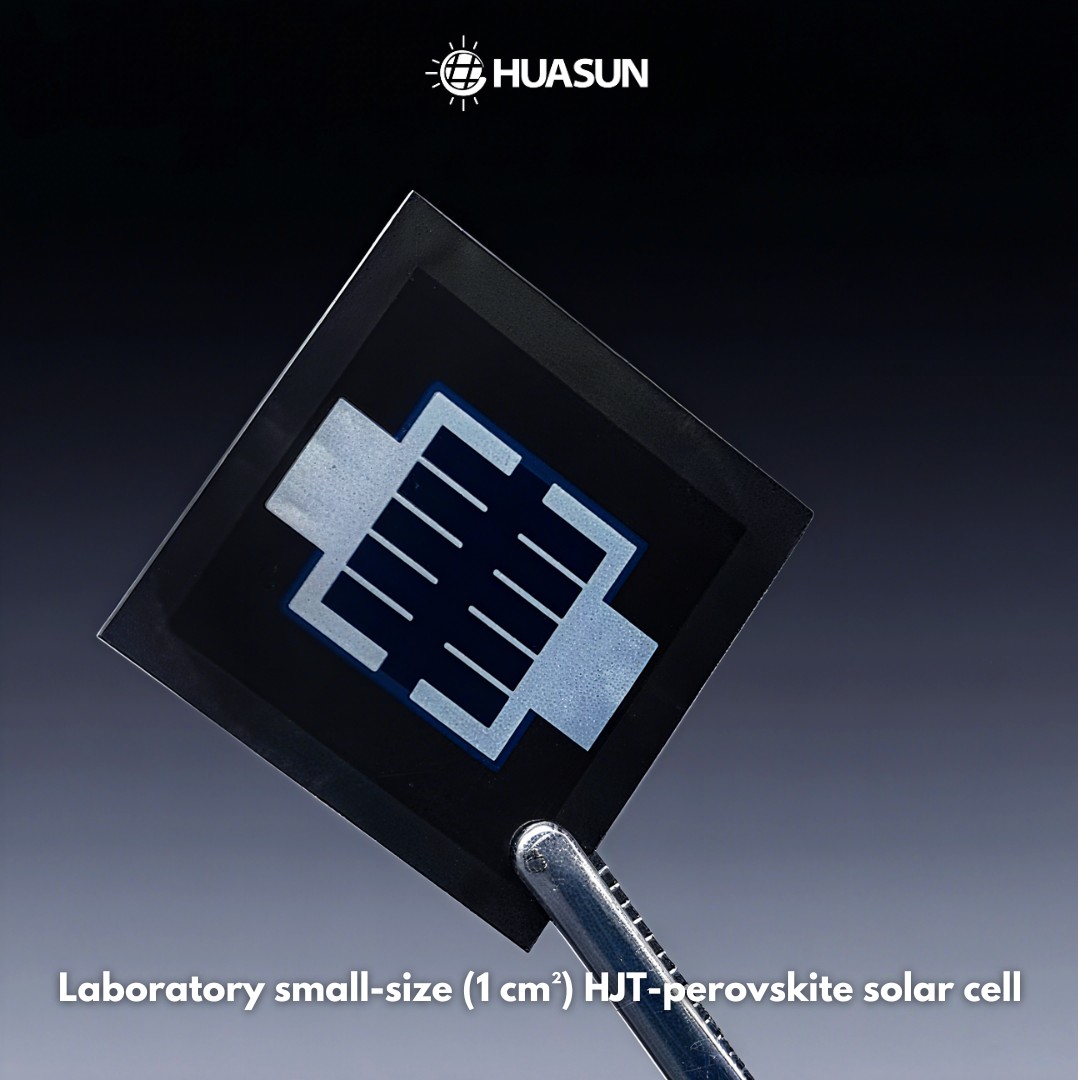
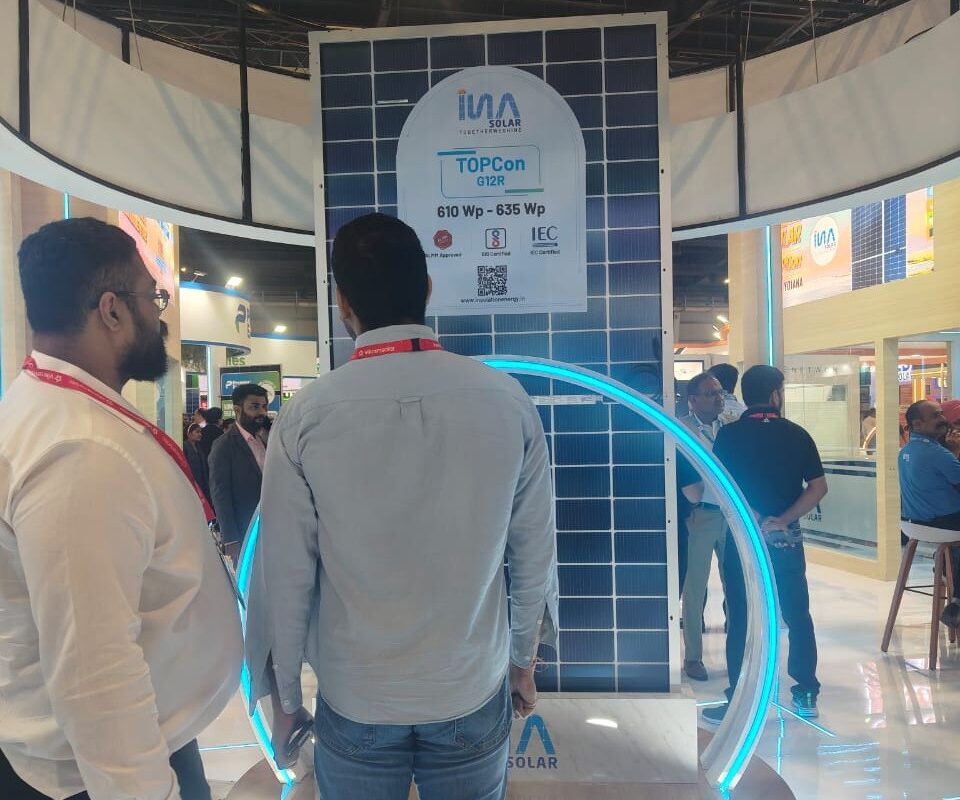


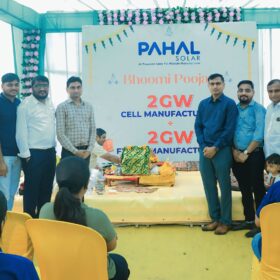
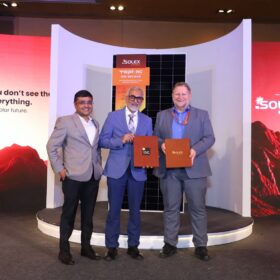
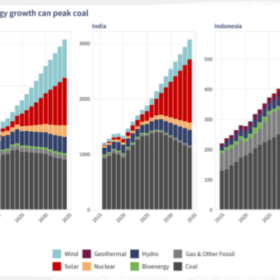
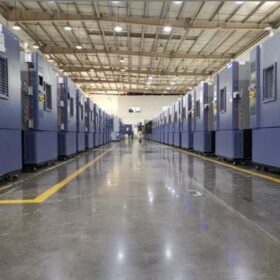

By submitting this form you agree to pv magazine using your data for the purposes of publishing your comment.
Your personal data will only be disclosed or otherwise transmitted to third parties for the purposes of spam filtering or if this is necessary for technical maintenance of the website. Any other transfer to third parties will not take place unless this is justified on the basis of applicable data protection regulations or if pv magazine is legally obliged to do so.
You may revoke this consent at any time with effect for the future, in which case your personal data will be deleted immediately. Otherwise, your data will be deleted if pv magazine has processed your request or the purpose of data storage is fulfilled.
Further information on data privacy can be found in our Data Protection Policy.